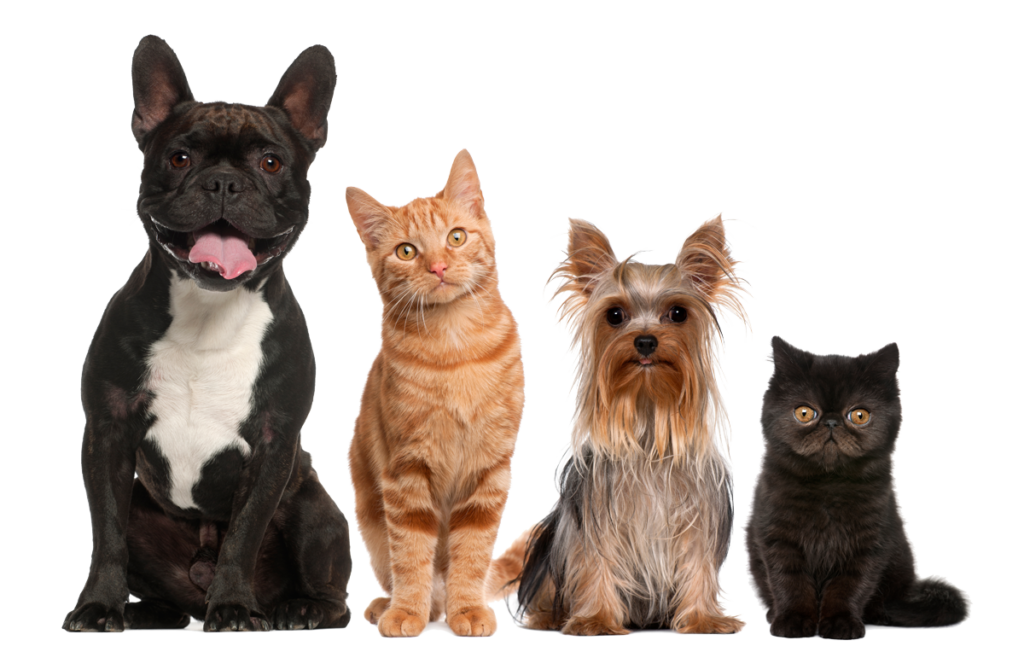In recent years, Urbanvet's team of veterinary orthopedic surgeons has played a vital role in improving the quality of life for pets suffering from musculoskeletal issues. From fractures to ligament tears, these specialized surgeons are equipped with the knowledge and skills to diagnose and treat a wide range of orthopedic conditions in animals. This article explores the importance of Urbanvet veterinary orthopedic surgeons in keeping pets healthy and active.
The Expertise of Veterinary Orthopedic Surgeons
Orthopedic surgery in animals requires specialized training and expertise due to the complex nature of musculoskeletal systems. Veterinary orthopedic surgeons undergo extensive education and training to develop the necessary skills to perform delicate procedures on a variety of species. Some of the key areas of expertise of these surgeons include:
Diagnostic Skills
- Utilizing advanced imaging techniques such as x-rays, CT scans, and MRIs to accurately diagnose orthopedic conditions in pets.
- Conducting thorough physical examinations to assess the extent of musculoskeletal injuries.
Surgical Skills
- Performing intricate orthopedic surgeries such as fracture repair, ligament reconstruction, and joint stabilization.
- Utilizing cutting-edge surgical techniques and equipment to ensure the best possible outcomes for patients.
Postoperative Care
- Developing comprehensive postoperative care plans to facilitate the recovery and rehabilitation of pets following orthopedic procedures.
- Monitoring patients closely for any signs of complications and adjusting treatment plans as needed.
Common Orthopedic Conditions in Pets
Orthopedic issues can affect pets of all ages and breeds, leading to pain, discomfort, and mobility issues. Some of the most common orthopedic conditions seen in veterinary practice include:
Cruciate Ligament Tears
- One of the most prevalent orthopedic injuries in dogs, especially in active breeds.
- Symptoms include lameness, swelling, and difficulty bearing weight on the affected limb.
- Treated through surgical techniques such as TPLO (tibial plateau leveling osteotomy) or TTA (tibial tuberosity advancement).
Hip Dysplasia
- A hereditary condition that leads to malformation of the hip joint.
- Commonly seen in large breeds, causing pain and stiffness in the hind limbs.
- Treatment options include medical management, weight control, and surgical procedures like total hip replacement.
Fractures
- Fractures in pets can result from trauma, falls, or underlying bone conditions.
- Require immediate attention and stabilization to promote proper healing.
- Orthopedic surgeons use techniques such as pinning, plating, and external fixation to repair fractures.
The Role of Veterinary Orthopedic Surgeons in Rehabilitation
Rehabilitation plays a crucial role in the recovery process for pets undergoing orthopedic surgery. Veterinary orthopedic surgeons work closely with rehabilitation specialists to create personalized treatment plans that promote healing and improve mobility in their patients. Some key aspects of rehabilitation following orthopedic surgery include:
Physical Therapy
- Includes exercises to strengthen muscles, improve range of motion, and promote healing.
- May involve underwater treadmill therapy, laser therapy, and therapeutic ultrasound.
Assistive Devices
- Orthopedic surgeons may recommend the use of braces, splints, or wheelchairs to support pets during the recovery process.
- These devices can help pets regain mobility and reduce stress on injured limbs.
Pain Management
- Monitoring and managing pain is essential for the well-being of pets post-surgery.
- Veterinary orthopedic surgeons may prescribe pain medications and other modalities to keep pets comfortable during rehabilitation.
Conclusion
Veterinary orthopedic surgeons play a critical role in maintaining the musculoskeletal health of pets. Their expertise in diagnosing and treating orthopedic conditions, coupled with a strong focus on postoperative care and rehabilitation, allows pets to regain mobility and lead active, pain-free lives. By working collaboratively with other veterinary professionals, orthopedic surgeons help improve the overall well-being of their animal patients.
